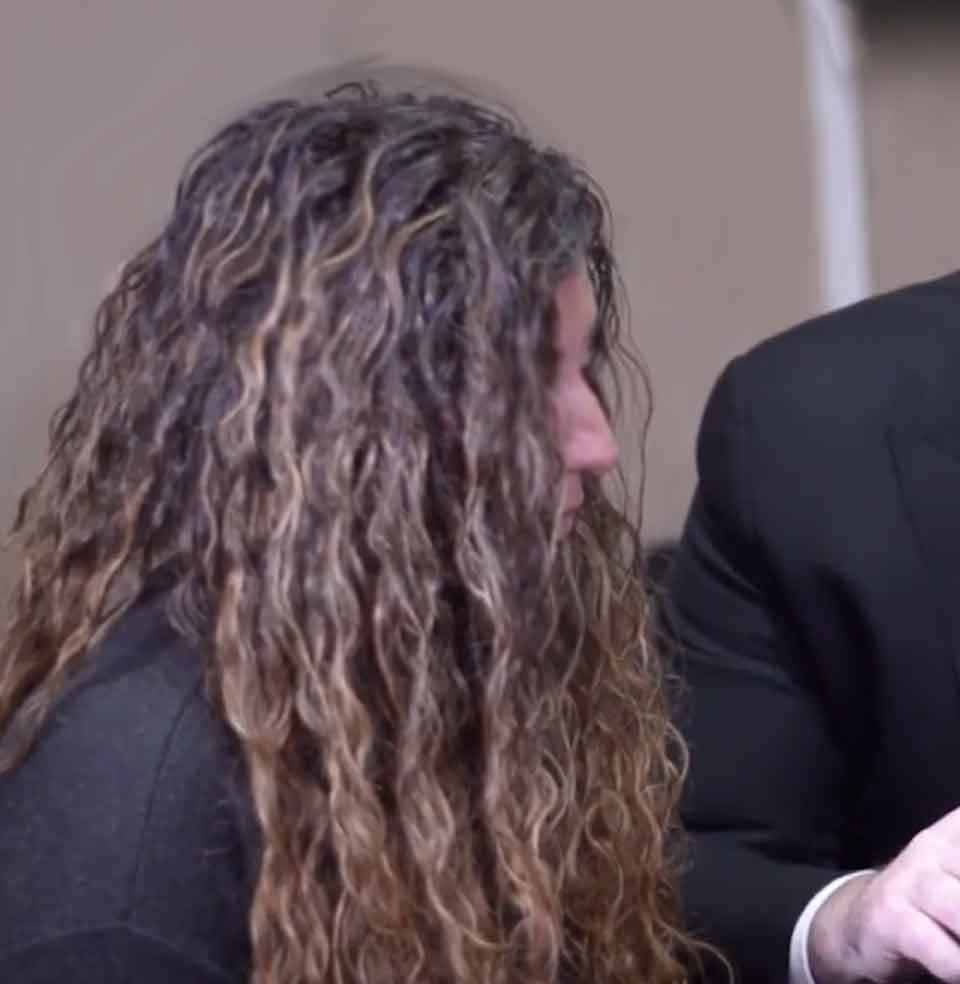The health care proxy law allows an individual to create and sign a document known as “health care proxy,” naming someone who would be responsible to make medical decisions in their stead. The appointed person is known as a “health care agent.”
The health care proxy law also gives you the opportunity to write out specific instructions in the document concerning certain medical conditions, such as whether you would like to have your tissue or organ donated in a certain situation.
Your health care agent is bound by their fiduciary responsibility to always act according to those wishes. If your wishes are not known, they must make a decision they believe will work to your best interests (in good faith).
The health care proxy laws also bind hospitals and health care professionals to always obey the instructions of your agent since they’re legally acting in your stead.
Having a health care proxy is essential in your estate plan because no one knows when incapacitation may strike. It may be from an accident, disease, or when you’re older. And by the time you have lost your legal competence to make decisions, you can no longer appoint a health care agent. That is why the time to create a health care proxy is now.
FAQs on Health care proxy laws in Long Island
What decisions can a health care agent make on the principal’s behalf?
The principal (patient) may limit the health care agent to some certain medical conditions. When there’s no limitation, the agent can make decisions concerning the following:
- Whether or not you should receive treatment
- What kind of treatment would be best for you
- What kind of treatment should be avoided, possibly because of your past condition or wishes.
For decisions concerning artificial nutrition and hydration, you will find a section on that on the NYS health care proxy form. I.e. your agent must know your wishes as written in the form before making such decisions.
Is health care proxy the same as living will in Long Island?
No, your health care proxy is different from your living will. The living will only contains your wishes for healthcare in certain end-of-life medical conditions. You don’t appoint a health care agent in a living will.
What signatures should the health care proxy document contain?
The health care proxy form must contain the signature of the principal and two witnesses of 18 years or above. The agent cannot be a witness.
What happens if the appointed agent is unwilling or physically unavailable?
You have the opportunity to name an alternate or secondary agent who will act in the event the primary agent isn’t available or willing.
Can a health care agent be sued for making a medical decision they make?
So long your agent makes the decision in good faith on your behalf, they cannot be sued for whatever results.
Who pays the health care costs?
Your health care agent is not expected to pay the costs of your health care. This will be footed with your funds or whatever health care insurance you have opted for.
How to create a health care proxy in Long Island
All you need to do is get the Long Island State health care proxy form online. Before signing, it’s advisable to talk with your family, loved ones, and a medical professional to understand what decisions may be made for you. You need at least two witnesses to sign along with you. Having a lawyer is only for professional assistance, but is not compulsory.
Can I appoint a doctor as my health care agent in Long Island?
Yes, you can name a doctor or other health care professional as your health care agent in Long Island. However, they would not be able to act as your physician simultaneously. They can only do one at a time.
Do you have more questions about health care proxy laws in Long Island? Our elder law attorneys Long Island are ready to give you all the help you need. Call us today.









